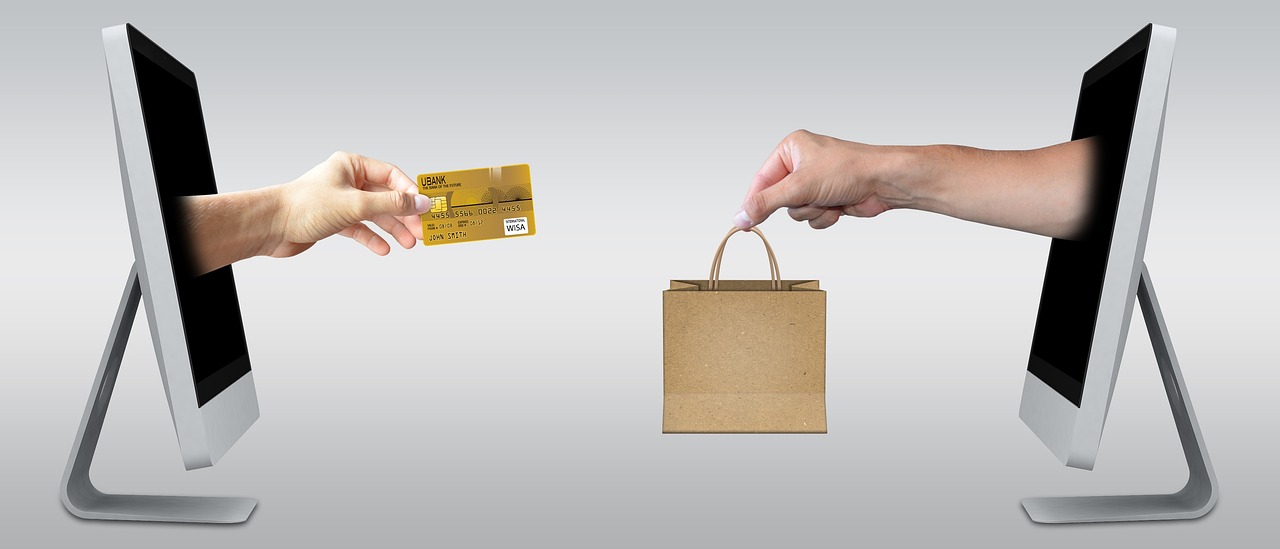As a Shopify Plus Partner, Fyresite has worked with a lot of different eCommerce businesses in a lot of different industries. That’s why we’ve cultivated this list of the top 7 considerations every merchant should make when starting their eCommerce business, regardless of what industry they’re in.
Consideration #1: The Goods
What will you be selling? Are they goods that you have on hand? Are you dropshipping goods? Where will you be selling from? Do you need a warehouse? Will you be making based on orders or will you have a set amount to sell?
These are some of the questions that you’ll ask if you are considering starting an eCommerce business. While most merchants start an eCommerce store with the goods in mind, all of these questions are crucial to know so you can choose a platform that has what you’ll need.

Consideration #2: The Platform
What platform offers the most applicable benefits? What platform is in your budget? Are you needing a purely eCommerce platform, or will you also be selling in person?
To really get your business going, you need to choose a platform. There are many different eCommerce platforms out there, and not all are going to be a fit for your business. You will have to answer these questions and maybe more to determine the best platform for your business.
Here are some resources to help you start the decision making process:
Blog: Shopify Versus Squarespace – Which Platform is Right For You?
Blog: Shopify Versus Magento 2.0: The Sequel
Shopify Whitepaper Download

Consideration #3: The Customers
Who will your customers be? Where will you find them? How will you reach these customers? What will make them choose your product over competitors? What efforts will you put into place to retain customers?
Every business has customers. Regardless of if you’re selling directly to customers, or business to business, you need to know who they are. You also need to know how to get them and how to keep them coming back time and time again.

Consideration #4: The Scalability
Is your business model scalable? Meaning, when your sales ramp up, is your business model able to handle it?
As your business grows, it’s important to consider the steps you need to take. Some businesses need to migrate or update their platform, while others may have to completely restructure how their business runs. Considering the scalability of your business when it’s still in the beginning phases can help avoid costly changes down the road.

Consideration #5: The Investments
Where is your funding coming from? Where will funds be allocated? Do you need to hire employees? What features will you need immediately, and which ones can wait until your store grows?
For some, talking about money is taboo. For business owners, it’s an important step. Investments aren’t concerned with only the financial aspects, either. What are you going to have to put into your business to ensure success? More importantly, where are your limits?

Consideration #6: The Marketing
How much will you spend on marketing? Are you focused on organic marketing or paid advertisements? Will you be doing your own marketing or are you looking to outsource it? What marketing channels will you be active on?
While marketing and sales are both important for eCommerce businesses, they are cousins, not twins, so it’s important to create marketing strategies separate from your sales. It’s important to know what channels you’ll be marketing on, and what channels you will abstain from.

Consideration #7: The Commitment
How much can you commit to your new business venture? Time? Capital? Do you have a partner, or is this a solo business venture?
Launching an eCommerce business requires a great deal of dedication. Whether you go low and slow, or put the pedal to the metal, it’s important to know how much you can and cannot commit to your eCommerce business.

In a Nutshell
Remember, there is no right or wrong answer to any of these questions. Every business is different with different needs. Using this guide, you can get a head start on understanding your brand.